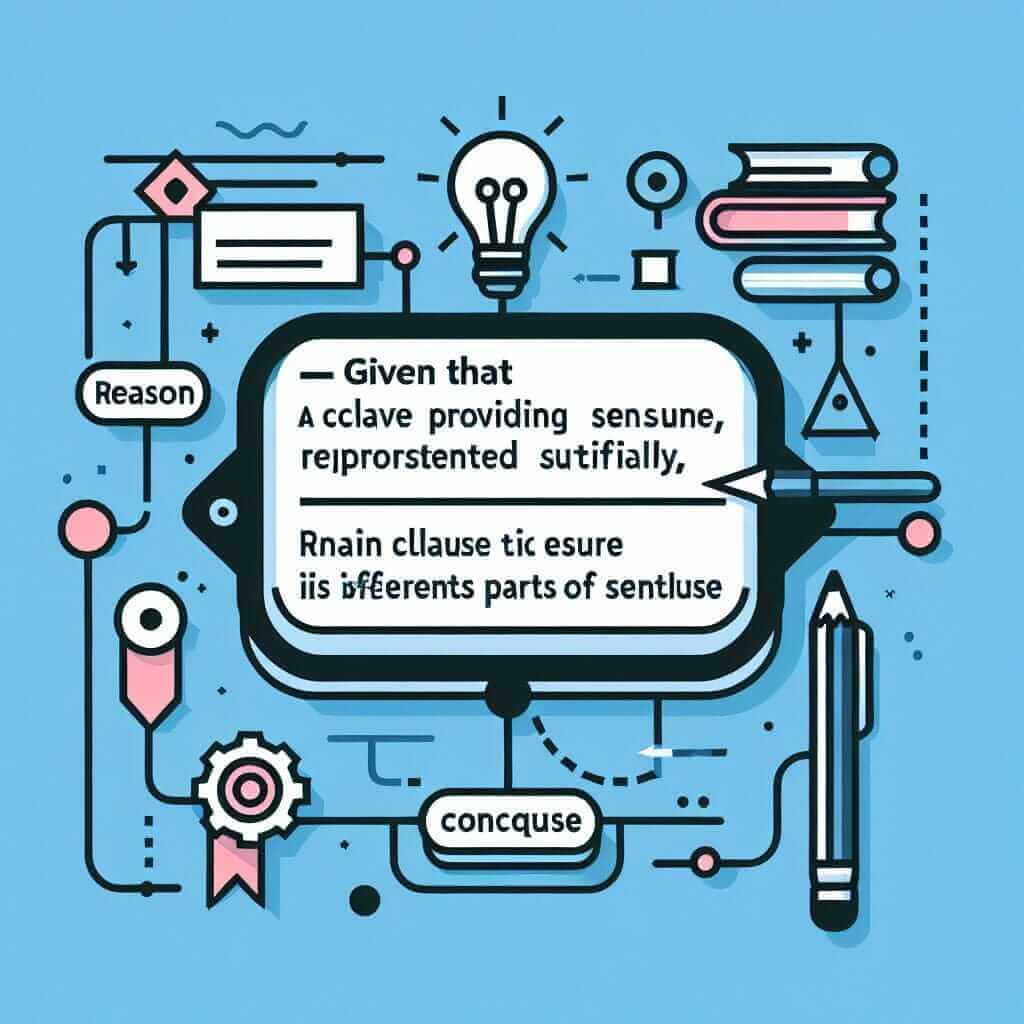“Given that” is a powerful phrase that can significantly enhance your IELTS writing and speaking, allowing you to express conditions and reasons with sophistication. This guide will equip you with the knowledge and skills to utilize “given that” effectively, boosting your band score.
Let’s examine how “given that” functions in various IELTS sections:
Writing Task 2:
“Given that fossil fuels contribute significantly to climate change, governments should invest heavily in renewable energy sources.” (This sentence uses “given that” to present a known fact as the basis for an argument.)
Speaking Part 3:
“Given that technology is rapidly evolving, it’s crucial for individuals to continuously update their skills.” (Here, “given that” introduces a generally accepted truth to support the speaker’s viewpoint.)
Understanding “Given That” in IELTS
“Given that” is a subordinating conjunction used to introduce a clause that expresses a fact or reason, which then influences the main clause. It’s particularly useful in presenting complex ideas concisely. Although not as common as simpler conjunctions like “because” or “since,” using “given that” demonstrates a wider range of grammar and vocabulary, which contributes to a higher score in the ‘Grammatical Range and Accuracy’ criterion.
Using “Given That” Effectively
Formula:
Given that + [reason/fact] + , + [main clause]
Analysis:
- “Given that” acts as the linking phrase.
- The clause following “given that” states the known information or reason.
- A comma usually separates the “given that” clause from the main clause.
- The main clause conveys the consequence, opinion, or action resulting from the information in the “given that” clause.

Application in IELTS:
Writing Task 2 (Opinion Essay):
_Question: Some people believe that the government should provide free housing for everyone. Others argue that individuals should be responsible for their own accommodation. Discuss both views and give your opinion.
Sample Answer: Some individuals contend that governments should offer free housing to all citizens. Given that everyone deserves safe and secure shelter, this argument has merit. However, providing free housing on such a large scale could place an unsustainable burden on public finances._
Speaking Part 3 (Two-part question):
_Examiner: What are the benefits of learning a second language?
Candidate: There are numerous advantages to becoming bilingual. Given that the world is becoming increasingly interconnected, knowing another language enhances communication skills and broadens cultural understanding._
Achieving Higher Band Scores
- Varied Conjunctions: While “given that” is useful, alternate conjunctions like “considering that,” “in light of the fact that,” or “since” can demonstrate a wider vocabulary range.
- Complex Structures: Embed the “given that” clause within more elaborate sentences to showcase your mastery of grammar.
- Formal Register: “Given that” is generally considered more formal than “because” and is therefore well-suited for IELTS Writing Task 2 and Speaking Part 3.
Common Mistakes to Avoid
- Comma Splice: Always use a comma after the “given that” clause when it precedes the main clause.
- Informal Usage: Avoid using “given that” in informal contexts like IELTS Speaking Part 1.
Conclusion
Mastering “given that” equips you with a valuable tool to express complex ideas clearly and concisely in your IELTS exam. By understanding its function, using it accurately in context, and exploring its variations, you’ll be well on your way to achieving a band score of 7 or higher. Remember to practice incorporating “given that” into your writing and speaking to enhance your fluency and grammatical range.